BARCELONA
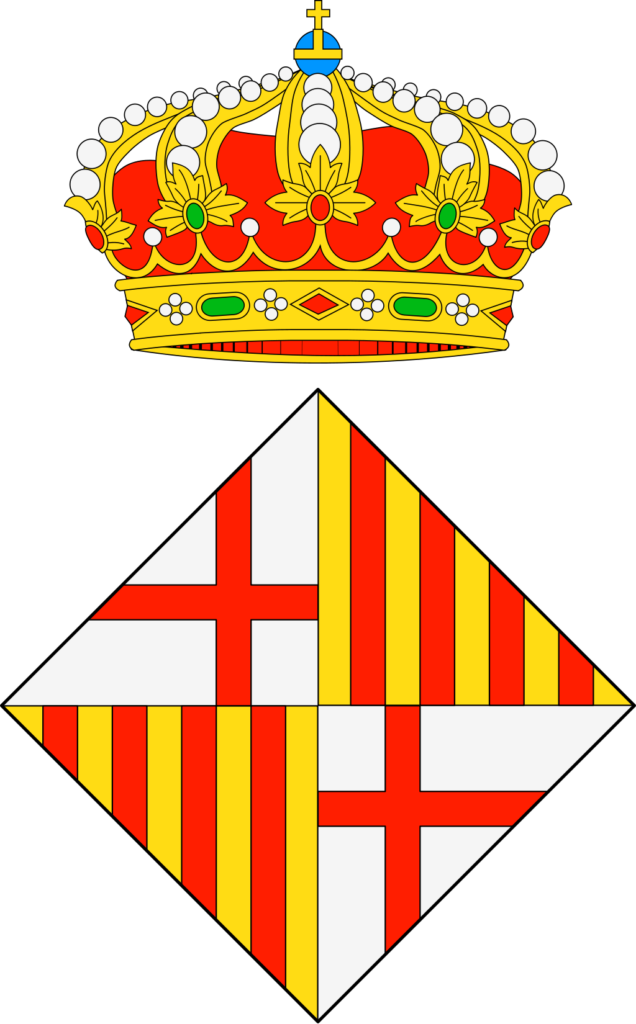
Barcelona is the capital of Catalonia and the second largest city in Spain. Barcelona has a long history of municipal public property being used for community purposes, including real estate, plots of land or facilities managed by non-profit organisations. and this “community-use” is administered through a variety of participatory management models.
The background
Barcelona’s administration has adapted to this bottom-up approach and it has consequently developed various policies which consist in the aggregation of each neighbourhood’s politics. . This is why it took part in the Civic eState project.
Barcelona has a long-standing tradition of community managed property and non-profit associationism, linked to the opposition against the dictatorship in Spain in the 1960’s and 1970s, and the sudden growth due to the immigration experienced during the same decades: the city council did not provide the basic welfare services to the newcomers, so the neighbourhoods developed their own spaces and institutions in response.
Barcelona political history and modern attitude towards community contributed greatly towards the eventual results and outcomes of the Civic eState project
1. The starting point
The Civic eState project began with three pilot assets already in mind. The three pilots were Can Batllò, Casa Orlandai and Arnau Itinerant. The main objectives and expectations for the project were to generate the basis for a knowledge space, to strengthen and legitimize the local experience.
The main challenges revolved around homogenizing the relationships of citizens self-managed assets among the 10 districts.
Another objective was the legal recognition to become, as the Citizens Asset participatory space, a legally recognized working group in the City Council, also as a way to respond to a growing citizen demand to have spaces and public services managed from and for the community.
Also relevant was to recognize and give coverage to the urban commons that already existed in the city. In essence, the objective was to support, promote and consolidate the use of community management of municipal public resources.
2. Transfer journey
As it has been previously mentioned Barcelona has an important history of community managed urban assets.
The main objectives of the transfer journey were four.
- The first objective was to generate a program about urban commons that was truly co-designed among all the relevant stakeholders.
- The second objective, instead, was to co-create a self-evaluation tool that facilitates the monitoring of community management experiences and helps to measure their impacts.
- Barcelona also aimed to coordinate and provide social criteria for the transfer of spaces and the management of municipal services to community projects promoted by non-profit entities in the city.
- The last goal was to develop a “Citizen Assets Catalogue”, a census of buildings that can be managed by communities.
In order to face this challenge the Urbact Local Group (ULG) was formed in 2017. The ULG was composed by many different stakeholders: Barcelona’s city council, cooperatives and entities of the solidarity economy, the Institute of Government and Public Policy - Autonomous university of Barcelona, social entities from the social fabric and various neighborhood entities.
In order to face this challenge the Urbact Local Group (ULG) was formed in 2017. The ULG was composed by many different stakeholders:
- Barcelona’s city council
- cooperatives and entities of the solidarity economy
- the Institute of Government and Public Policy - Autonomous university of Barcelona
- social entities from the social fabric and various neighborhood entities
3. Transfer Journey time-line
The following section is dedicated to the main phases of the transfer journey.

January 2021 – July 2021
This phase was dedicated to reviewing the community balance, finalizing the “Citizens Assets catalogue”, supporting and advising urban commons projects. All the actors involved in the ULG were active during this phase.
September 2020 – December 2020
This phase was dedicated to co-elaborating the community balance, the elaboration of the “Citizens Assets catalogue”, supporting and advising urban commons projects and seeking new ways to add value to commons projects (pilot case 2 & 3 Orlandai and Teatre Arnau). All the actors involved in the ULG were active during this phase.
January 2020 – August 2020
This phase was dedicated to co-elaborating the community balance, the creation and elaboration of the “Citizens Assets catalogue”, supporting and advising urban commons projects and seeking new ways to add value to commons projects (pilot case 2 & 3 Orlandai and Teatre Arnau). Main actors involved in this phase were Barcelona’s city council, cooperatives and entities of the solidarity economy, social entities from the social fabric and various neighborhood entities.
September 2019 – December 2019
This phase was dedicated to co-elaborating the community balance, creating the “Citizens Assets catalogue” and supporting and advising urban commons projects. Main actors involved in this phase were Barcelona’s city council, cooperatives and entities of the solidarity economy, social entities from the social fabric and various neighborhood entities.
May 2019 – August 2019
This phase was dedicated to reviewing the community balance and designing the participatory space. All the actors involved in the ULG were active during this phase.
January 2019 – April 2019
This phase was dedicated co-elaborating the community balance and designing the participatory space. All the actors involved in the ULG were active during this phase.
September 2018 – December 2018
These months were generally dedicated to designing a general framework, starting to develop the community balance too, receiving legal advice on how to better promote urban commons and to begin to work on pilot case 1 Can Battlo. All the actors involved in the ULG were active during this phase.
4. Transfer outcomes
This section is dedicated to the long-term effects expected as a consequence to the whole process. The city is helping to make these associations to be economically self-sustainable in the long run and beyond the political cycle.
Because each of Barcelona’s 10 neighborhood districts have their own relationship with the city, homogenizing these relationships became a major theme. Here are the challenges and correlated strategies to overcome such challenges:
Formal recognition: become a legally and formally working group (the Citizens Assets Participatory space) in the organizational structure of the City council.
Pilot testing: generate a version of Community Balance. This is going to form the basis for the Community Balance which will then be completed with the itineraries. A basic version, after testing, should be available in mid March 2021.
Respect Existing Commons: the implementation of the program and the meetings of the Local Administrative Working Groups (especially the Table of Citizens Assets) have become a useful tool of apprenticeship for districts and areas. Their needs, and the needs of the entities that they represent, became the best way to learn.
Respond to Citizens: One of the results of the catalogue elaboration is to have more information about the empty of free spaces. Even though such a catalogue is not complete, some spaces that could answer demand are already available. Efforts to respond to all demand are still to be made.
How were the objectives met?
Create a participatory space for discussion: unfortunately, there is still work to do especially when talking about participatory spaces. The associations do not seem to be available to review and control the program yet.
Develop criteria for “Community Balance”: there is an existing first version of the Community Balance. After the first version, few adjustments are needed to create a second version.
Coordinate the transfer of community spaces: in the past years advancements have been made in providing and coordinating social criteria for transfer spaces. The Local Administrative Working Groups and The Table of Citizens Assets became essential tools to achieve these goals.
Elaborate on the Citizen Assets Catalogue: the Citizen Assets Catalogue is still under construction, currently advancements are being made in all territories. Nevertheless, in the future, a pilot project with 3 districts (out of 10) will be implemented. These 3 districts represent almost 50% of all cases.
5. TRANSFER JOURNEY MAPPING
Co-Gov
From Moderate to Strong
We have developed the participatory space, but we fail in the objective to give active life. On the other hand, the project and some features (the Community Balance or the Technical Office) are intimately connected with private sectors, commoners and some social organizations.
Enabling state
From Moderate to Moderate
Still missing infrastructure.
Soc&econ pooling
From Moderate to Moderate
Experimentalism
From Moderate to Moderate-Strong
One of the aims of the pilot cases is to create new paradigms of legal and policy rules. Nevertheless, we are still working on it.
Tech Justice
From Moderate to Strong
We are developing a catalogue of assets in an open website where any citizen can see which ones have transferred to their neighborhood, the characteristics of the assets, the project features, etc.
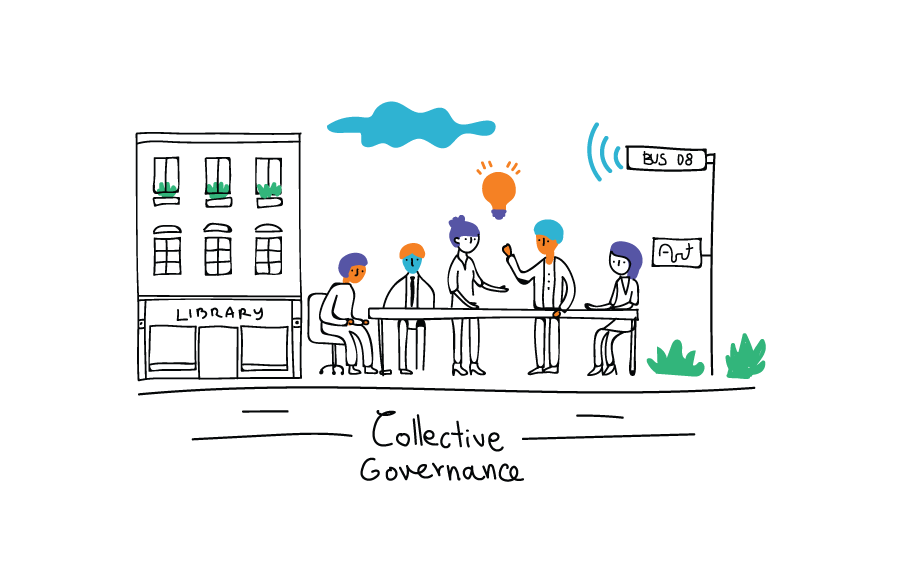
From Moderate to Strong
Co-Gov
We have developed the participatory space, but we fail in the objective to give active life. On the other hand, the project and some features (the Community Balance or the Technical Office) are intimately connected with private sectors, commoners and some social organizations.
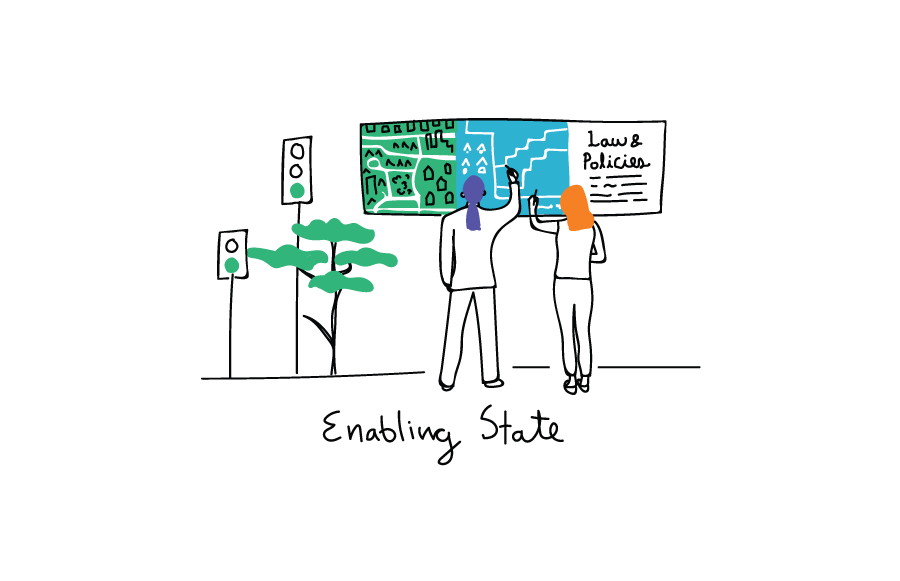
From Moderate to Moderate
Enabling State
Still missing infrastructure.
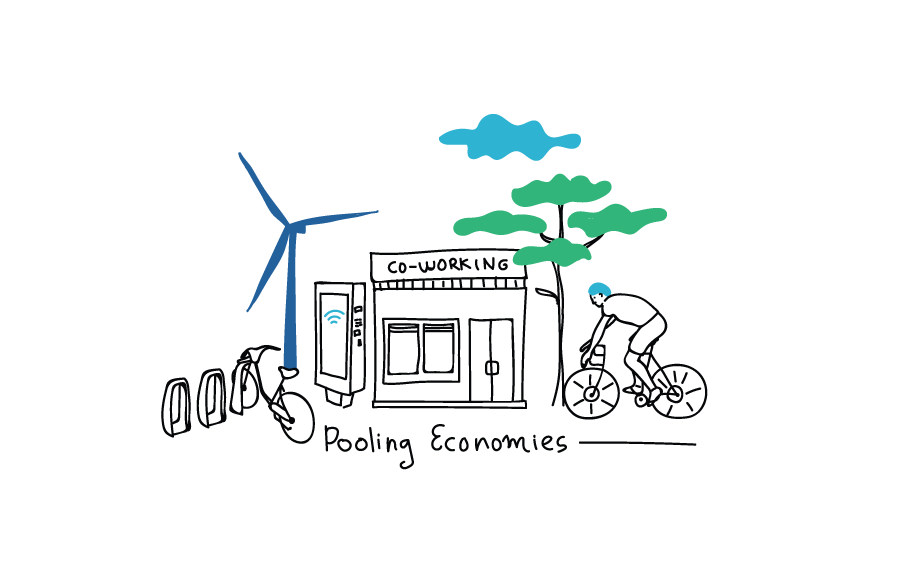
From Moderate to Moderate
Soc&econ Pooling
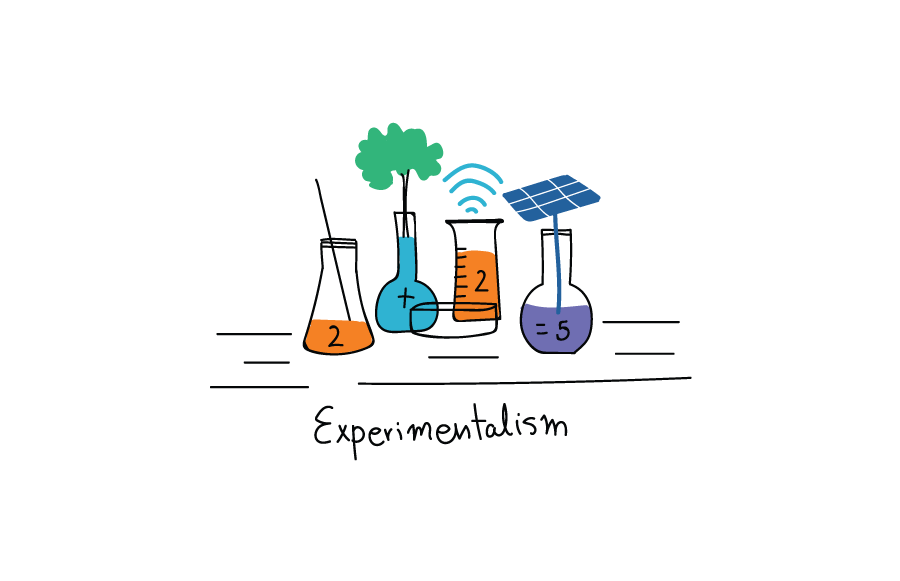
From Moderate to Moderate-Strong
Experimentalism
One of the aims of the pilot cases is to create new paradigms of legal and policy rules. Nevertheless, we are still working on it.
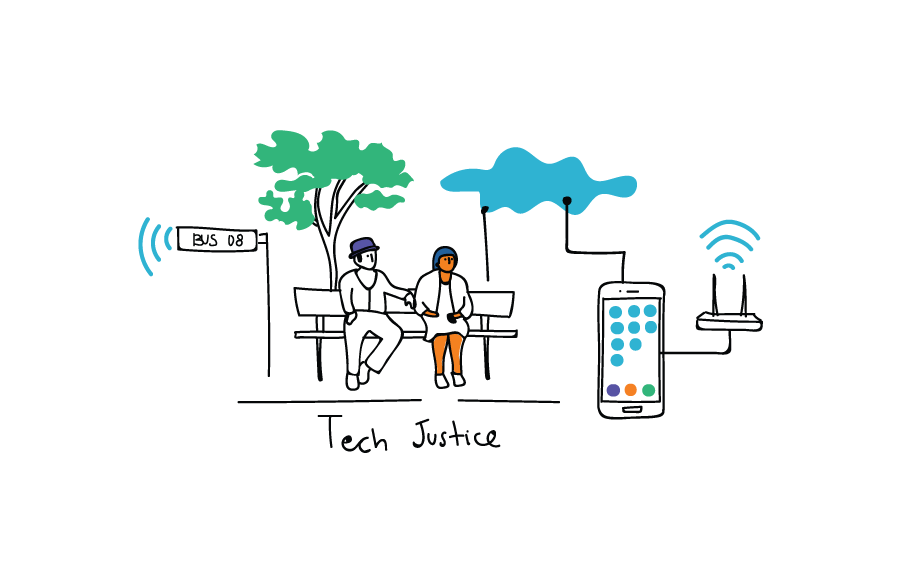
From Moderate to Strong
Tech Justice
We are developing a catalogue of assets in an open website where any citizen can see which ones have transferred to their neighborhood, the characteristics of the assets, the project features, etc.

From Moderate to Strong
Co-Gov
We have developed the participatory space, but we fail in the objective to give active life. On the other hand, the project and some features (the Community Balance or the Technical Office) are intimately connected with private sectors, commoners and some social organizations.

From Moderate to Moderate
Enabling State
Still missing infrastructure.

From Moderate to Moderate
Soc&econ Pooling

From Moderate to Moderate-Strong
Experimentalism
One of the aims of the pilot cases is to create new paradigms of legal and policy rules. Nevertheless, we are still working on it.

From Moderate to Strong
Tech Justice
We are developing a catalogue of assets in an open website where any citizen can see which ones have transferred to their neighborhood, the characteristics of the assets, the project features, etc.
Do you what to know more about Barcelona?
Read all the details of the journey with the city of Barcelona.
